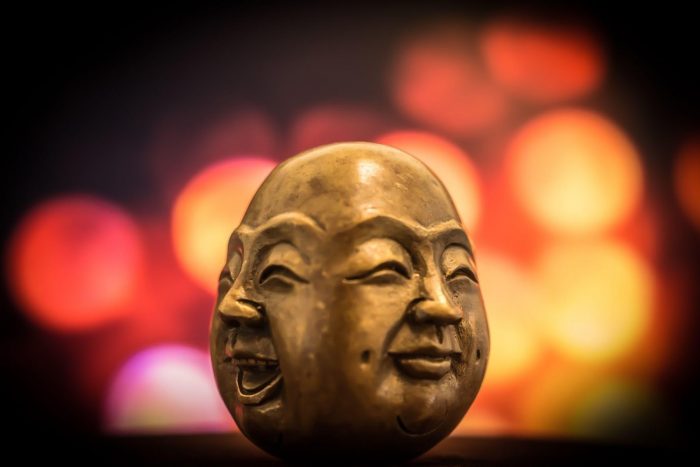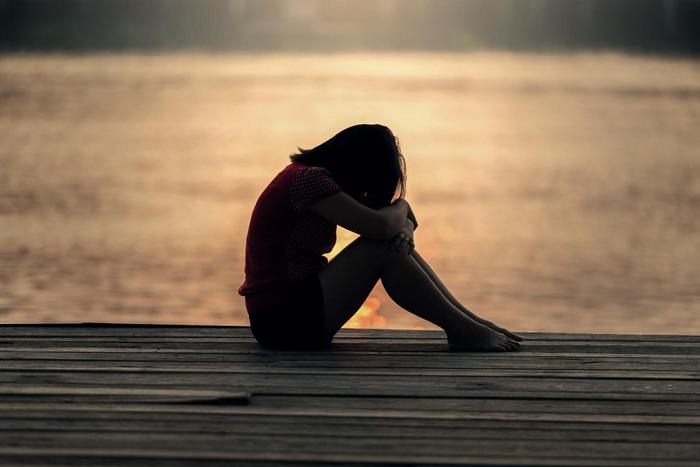Emotions form the foundation of psychological health for all individuals. They mold the thoughts, personality, and quirks of a person based on life experiences as well as physical and mental health.

This brings up the topic of emotional wounds – mental anguish that is caused by negative life experiences such as bad relationships, feeling humiliated, guilt-tripping, and more.
Mental wounds aren’t something to be taken lightly – emotional wounds can last a lifetime if not addressed correctly. If you find yourself suffering from emotional wounds or know someone who’s suffering from them, here are some recommended ways to help heal.
An Invisible Wound
In most instances, emotional wounds are often ignored and not taken seriously because it isn’t physical injury. Emotional wounds are just as damaging as physical wounds in their own way, and they’re just as capable of impacting a person negatively, if not more.
This is why it’s important that one acknowledges emotional wounds and comes to terms with having them.
Common reasons for emotional wounds include:
- Loss of a loved one.
- A bad breakup or divorce.
- Abuse or lack of attention from parents.
- Surviving physical or mental abuse, sometimes both.
- A sudden economic downturn in life.
Fortunately, there are some discernible ways to identify whether you have emotional wounds. The first thing you have to understand about emotional wounds is that they usually don’t have any physical manifestation.
Unless individuals are severely depressed, stressed, and not taking care of themselves properly, the symptoms and manifestations of emotional wounds are invisible. Psychologists and mental health experts divide symptoms of emotional drama into four categories: cognitive, behavioral, physical, and psychological.
Common cognitive symptoms of emotional wounds include sudden thoughts of particular events repeating in one’s mind, nightmares, mood swings, and confusion. Symptoms are expressed in more subtle ways, such as slowly isolating oneself from social interactions, avoiding going to places that trigger the emotional wound, and a constant state of lethargy where an individual can no longer find joy in things they used to love doing. Physical symptoms range from twitchiness, insomnia, sexual dysfunction to edginess, tachycardia, muscle pulls, and more.
The psychological impacts and symptoms of emotional wounds are probably the longest-lasting damage caused by them. Feelings of guilt, shame, fear, emotional shock, disbelief, anger, anxiety attack, and more can last for years to come. In worst-case scenarios, this can lead to personality disorders that can hold back an individual for life.
All of these symptoms and patterns can quickly devolve into self-damaging behaviors and activities that not only affect the person who’s been inflicted with an emotional wound but the people around them as well.
Drug addiction, alcohol addiction, impulsive behaviors, hostile attitudes, dissociative disorder, and OCD are just a few of the self-destructive behaviors resulting from emotional wounds.
Healing From the Inside

Healing emotional wounds is not an easy process, and the time it takes for an individual to heal his or her emotional wounds differ from person to person. It’s also important to note that the therapy process for healing emotional wounds can vary depending on the person.
A technique that benefits one individual can be completely ineffective for another individual.
For healing emotional wounds, the most common approaches that most people take include:
Counseling or Therapy
Seeking counseling/therapy from a licensed medical professional is usually the most common step people take to overcome emotional wounds. You can find one near you by looking up hospitals or private therapy practices near you.
Psychic Readings
Seek inner understanding and come to terms with one’s past and future through a psychic reading. While this might come as a surprise, psychics can help you greatly overcome emotional wounds. To find the best psychic for you, compare psychic reading sites.
Prioritize Self-care
The importance of self-care cannot be understated when it comes to healing emotional wounds. Self-care means taking care of both your body and mind through beneficial activities such as working out, yoga, and meditation.
Support Groups
Seek out and accept support from family and friends that want to help you cope with your emotional wound.
Don’t Let the Past Drag You Down

Overcoming an emotional wound is a long and difficult journey. But it’s a journey that the individual suffering from emotional wounds has to take upon themselves. If you or someone you know is having difficulty taking the first step, the most important advice to follow is to get rid of your fear of moving forward.










